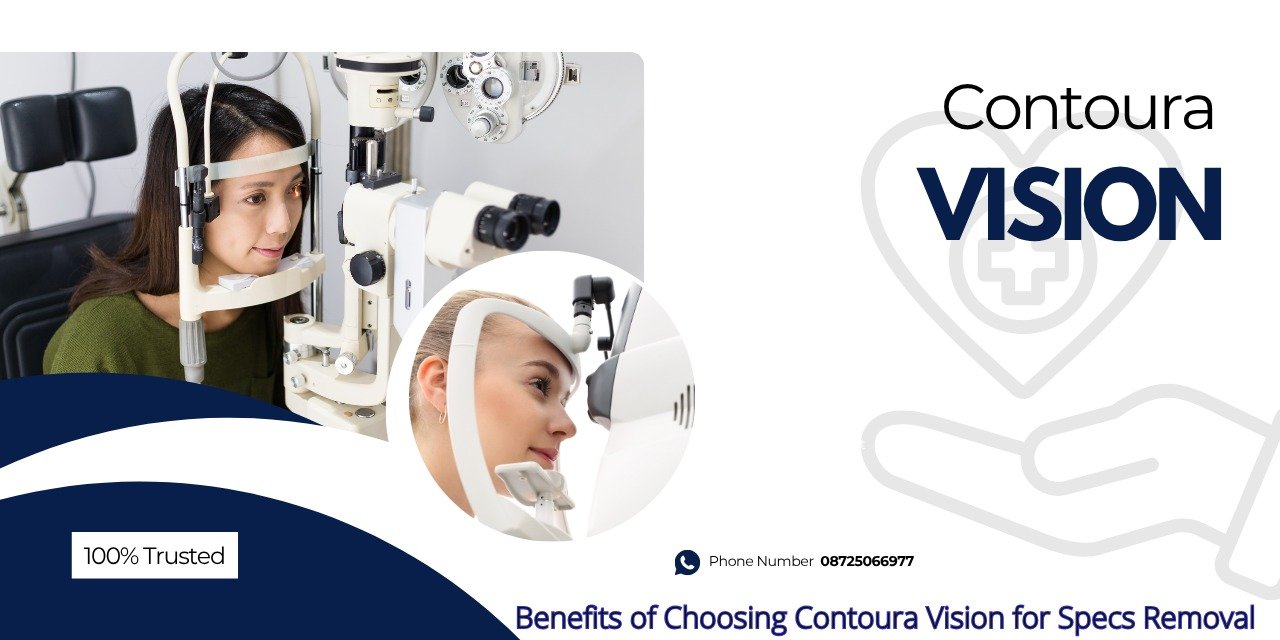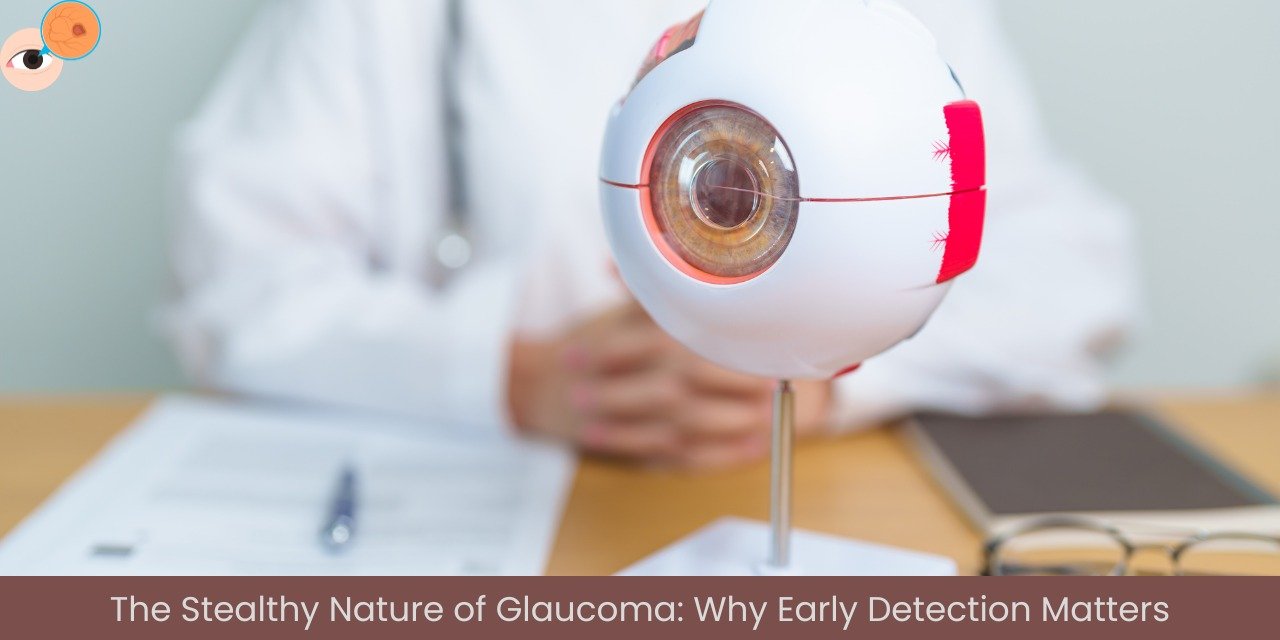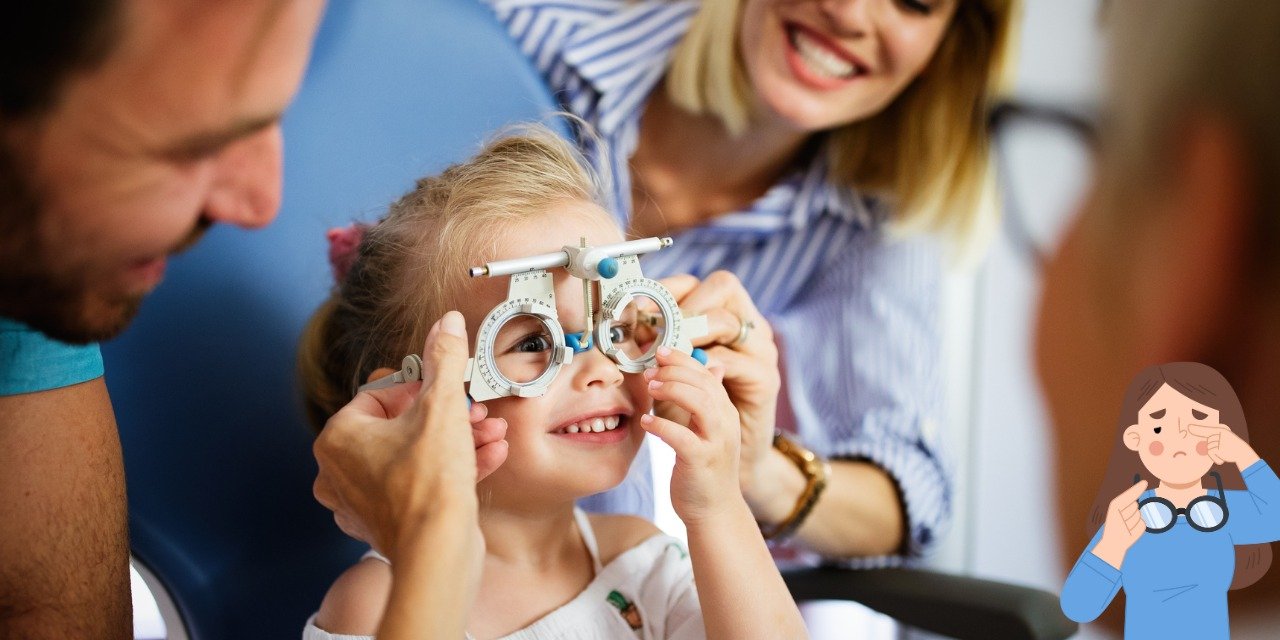The retina, a delicate layer of tissue located at the back of the eye, is vital for capturing light and sending visual signals to the brain. Consequently, the retina plays a vital role in enabling us to see the world clearly. However, when the retina becomes damaged or diseased, it can significantly affect our vision, and sometimes it may even lead to permanent loss of sight. Therefore, understanding the different types of retinal diseases and how to manage them is crucial for maintaining good eye health. Furthermore, by recognizing the signs and seeking appropriate treatment, you can protect your vision more effectively and preserve your overall eye health.
Understanding Retinal Diseases
Retinal diseases include a variety of conditions that affect the retina. Some of the most common ones are:
➤Diabetic Retinopathy
Diabetic retinopathy occurs when high blood sugar levels damage the blood vessels in the retina. This can lead to swelling, leakage, or closure of the blood vessels, potentially causing vision loss. Symptoms to watch for include blurred vision, floaters, and trouble seeing at night.
➤Age-Related Macular Degeneration (AMD)
AMD primarily affects older adults and is a leading cause of vision loss. It damages the macula, which is responsible for central vision. There are two types of AMD: dry and wet. Dry AMD progresses slowly, while wet AMD can lead to rapid and severe vision loss. Symptoms include blurred central vision or a dark spot in the center of your visual field.
➤Retinal Detachment
Retinal detachment is a serious condition where the retina is pulled away from its normal position. This requires immediate medical attention to prevent permanent vision loss. Symptoms include the sudden onset of floaters, flashes of light, or a shadow over part of your visual field.
➤Macular Hole
A macular hole is a small break in the macula that can cause blurred or distorted central vision. This condition often occurs with aging but can also result from eye injuries or other retinal disorders.
➤Retinitis Pigmentosa
Retinitis pigmentosa is a group of genetic disorders that cause the gradual breakdown of retinal cells. It typically starts with difficulty seeing at night and loss of peripheral vision, eventually leading to tunnel vision or even complete blindness.
Frequently Asked Questions
👉 What are the early signs of retinal diseases?
Early signs can include blurred vision, floaters, flashes of light, difficulty seeing at night, and loss of peripheral vision. It’s crucial to consult a retina specialist if you experience any of these symptoms.
👉 How often should I get my retina checked?
Schedule regular eye exams every one to two years, especially if you have risk factors such as diabetes or a family history of retinal diseases. These check-ups play a crucial role in detecting problems early and providing timely treatment. Furthermore, regular screenings help you identify potential issues before they become severe. Therefore, maintaining these appointments not only helps safeguard your vision but also ensures overall eye health. Additionally, timely intervention can prevent complications and enhance the effectiveness of your treatment.
👉 Is retina surgery painful?
Retina surgery is typically performed under local anesthesia, so you shouldn’t feel pain during the procedure. However, you will usually experience only mild discomfort afterward, which can be managed with medication.
👉 How long does it take to recover from retina surgery?
Recovery time varies depending on the type of surgery and the patient’s overall health. Generally, most patients experience significant improvement in vision within a few weeks. Nonetheless, complete recovery may take longer.
Management and Treatment of Retinal Diseases
Managing retinal diseases effectively requires regular eye exams, lifestyle changes, and sometimes medical or surgical intervention. Here’s how these conditions can be managed:
➽Early Detection and Monitoring
Regular eye exams are critical, particularly if you have diabetes, high blood pressure, or a family history of retinal diseases. Early detection can slow down or even prevent the progression of these conditions.
➽Lifestyle Modifications
A healthy lifestyle can help maintain retinal health. This includes a diet rich in antioxidants, managing chronic conditions like diabetes and hypertension, and protecting your eyes from UV light. Quitting smoking is also essential, as smoking increases the risk of developing retinal diseases.
➽Medical Treatments
Treatment options vary based on the type of retinal disease. For example, doctors commonly use anti-VEGF injections to treat wet AMD by reducing abnormal blood vessel growth and leakage. Additionally, they may use laser therapy and other medications to manage specific conditions.
➽Surgical Interventions
In more severe cases, surgery may be necessary. Retina surgery in Zirakpur is available at specialized eye care centers, where skilled professionals use advanced techniques to repair the retina and restore vision. Doctors commonly perform procedures such as vitrectomy, laser surgery, or pneumatic retinopexy based on the specific condition.
The Importance of Expert Care
When dealing with retinal diseases, seeking the care of an experienced specialist is essential. Retina treatment in Zirakpur is offered at top-tier eye care facilities equipped with cutting-edge technology. These centers provide comprehensive diagnostic services, personalized treatment plans, and advanced surgical options to ensure the best possible outcomes for patients.
If you experience symptoms such as floaters, flashes of light, or blurred central vision, it’s important to consult a retina specialist as soon as possible. Retina specialists in Zirakpur are trained to diagnose and treat a wide range of retinal conditions, offering the expert care necessary to protect your vision.
Conclusion: Protecting Your Vision
Your vision is invaluable, and taking steps to safeguard it should be a top priority. If you or someone you know is experiencing symptoms of retinal disease, don’t delay seeking professional help. Expert retina treatment is available in Zirakpur at Dr.Jyoti’s Hospital Eye and Child Care, where experienced specialists like Dr. Sumantra Jyoti provide comprehensive care to ensure the best outcomes for your vision. Contact us today to learn more about the treatments available and schedule a consultation with our retina experts. Call us at: 9871778178 to book your appointment now.













